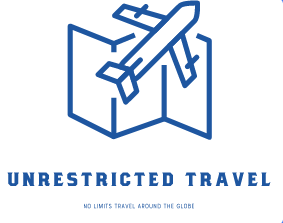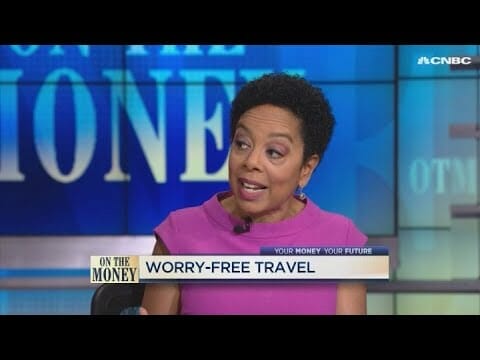The first step in understanding travel and subsistence expenses is to understand how these expenses are calculated. For example, a person’s subsistence costs are broken down into qualifying and non-claiming expenses. Some of these items can be considered a taxable expense if they are paid out of pocket. If a person is self-employed, he or she should not claim them. Regardless, he or she must be aware of how to calculate these costs before submitting claims.

The amount of travel and subsistence expenses a person can claim is governed by the type of business they run. If they are related to their work, they can include accommodation, food, and other expenses. These expenses are incurred by employees and research personnel, and may include the costs of travelling on behalf of the company. Air travel expenses must be claimed at the lowest available economy rate, and certain expenses such as protective gear, entry visa fees, and safety-related gear are also deductible. In addition to claiming the proper amounts, employees can also claim for their own travel and subsistence costs.
Subsistence expenses include airfare, hotel rooms, and meals. They also include sundry expenses, such as laundry and protective gear. Depending on the rank of the employee, the organization may reimburse the employee based on the items they provide. For travel and subsistence expenses, an employee must produce bills for each itemized item, which can be hard to track down. A person may also be entitled to a percentage of the expenses that are incurred during their job.
If the employee’s journey is part of their job, they can claim travel and subsistence expenses as a tax-free reimbursement. While they are a separate category from salary, they are considered to be an important part of the business. The HMRC website provides a detailed list of allowable expenses. This allows the employer to make a tax-free payment to the employee. However, if an employee’s travel exceeds the allowance, the employee can elect to claim tax relief for the shortfall.
The expenses are taxable if they are paid out of pocket. The cost of travel is deductible when it is for business purposes. It is important to note that these expenses are not deductible for personal vehicle use, however. Some of the deductible items that are excluded include food, accommodation, entertainment, and public transportation. Fuel, car maintenance, and airline tickets are not deductible, unless they are used for the purpose of research.
The expenses are generally considered taxable when paid out of pocket. For example, the employee can claim the travel and subsistence costs for a trip to the client’s location. This is considered an ordinary commute to the place of employment. A daily commute may consist of 50 kms to a client’s office or a 40-km commute. In addition, a person cannot claim tax relief for a personal vehicle. Alternatively, he or she may choose to opt for tax-free reimbursements.
The costs of travelling and subsistence can be claimed for umbrella employees. In the event of a company’s tax-exempt umbrella employees, the expenses may be deductible. In any case, the employee must submit their expense reports on a regular basis. Since the definition of subsistence is too broad, it can be subject to fraud. It’s imperative to be sure that you’re compliant with the rules and regulations governing the costs of travel and subsistence.
Depending on the type of project, the employee’s travel and subsistence expenses may include meals, accommodation, and other expenses. The employer must also pay taxes and National Insurance when the expenses of travelling are reimbursed. In some cases, a business may have a specific policy that requires the employee to pay its employees’ travel and subsistence expenses. Ultimately, the business should make money through the costs of these services. Therefore, it’s important for both parties to be compliant in this area.
The definition of ‘ordinary daily commute’ is pretty simple. It includes the travel from home to a permanent workplace. The employee must travel at least forty kilometers to meet clients. The trip must be related to the job. The employee can claim the expenses for parking and tolls. A personal vehicle isn’t included in a company’s subsistence allowance. These expenses must be claimed on a regular basis. When a business is reimbursed for such costs, the company can deduct the difference in the amount they have received.





